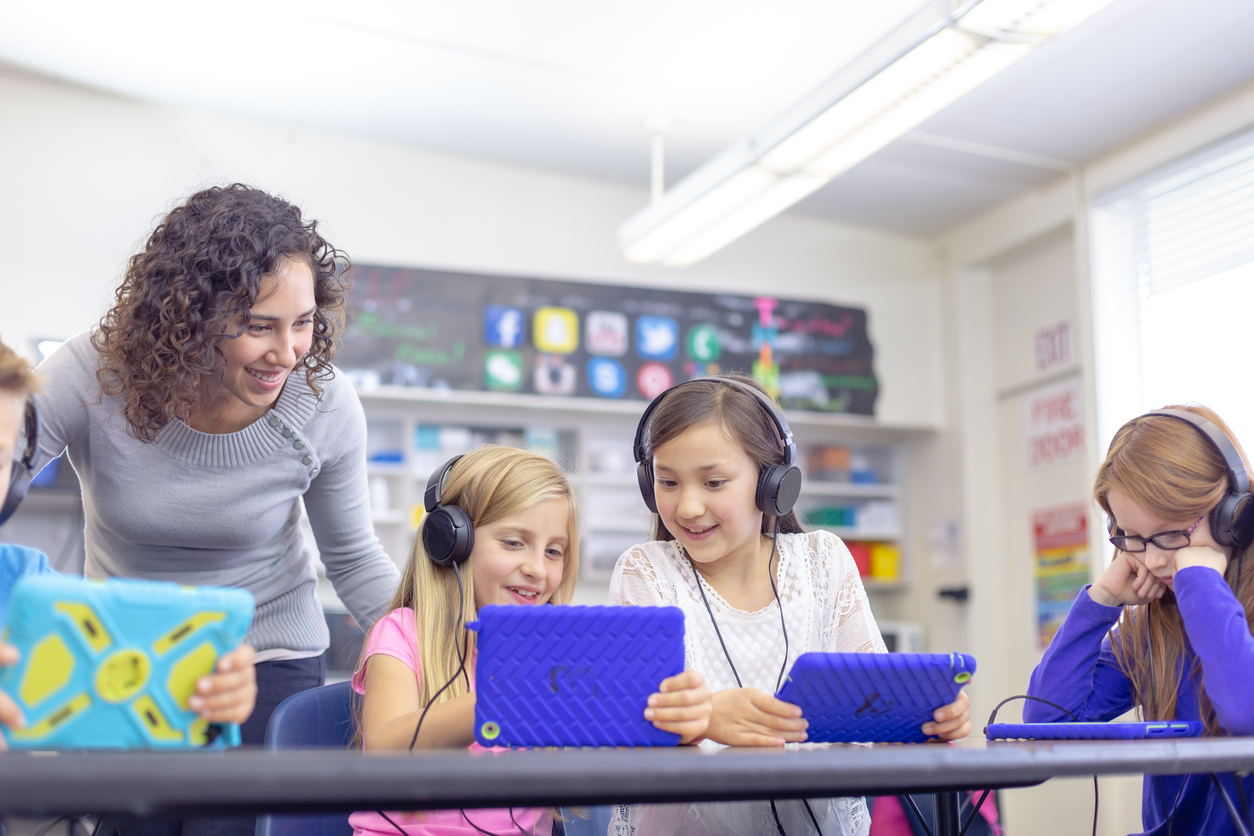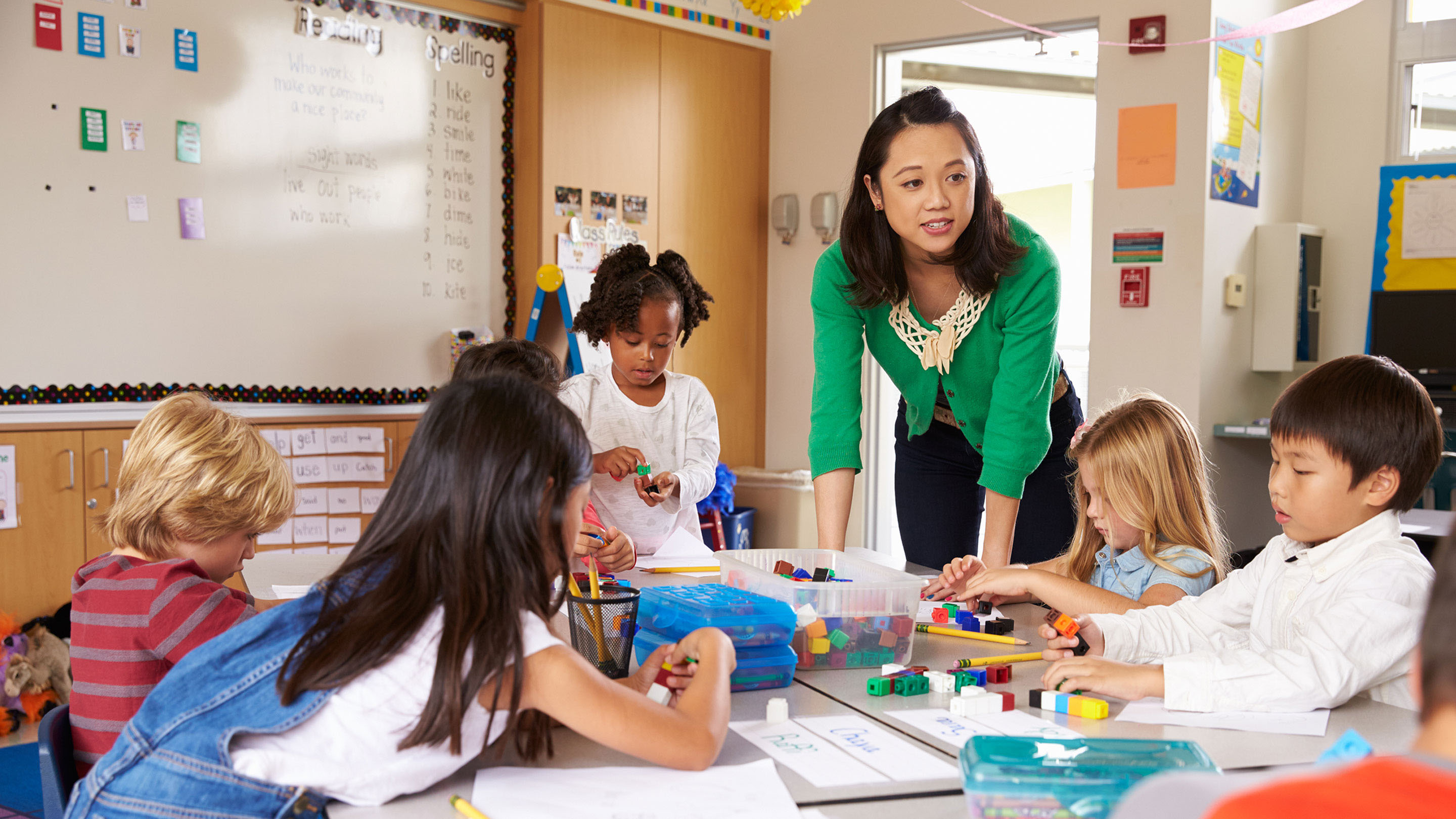Accelerate Learning with Primary Science Tuition Singapore for Young Minds
Wiki Article
Exploring the Different Mentor Methods in Main Science Education Today
Inquiry-based learning, hands-on experiments, and the combination of modern technology are redefining just how educators engage young minds. In addition, collaborative approaches and set apart direction are being utilized to provide to the varied requirements of trainees, enhancing both interaction and understanding.Inquiry-Based Learning
Inquiry-Based Discovering (IBL) is an instructional approach that encourages pupils to check out clinical principles with doubting, investigation, and hands-on trial and error. This approach stresses the role of pupils as active individuals in their knowing, advertising critical reasoning and analytic abilities. By engaging with real-world questions, trainees become interested and determined, which improves their understanding of scientific principles.In IBL, instructors act as facilitators, assisting trainees as they navigate their queries instead of providing details directly. This student-centered strategy permits differentiation, suiting numerous finding out styles and rates. Students establish abilities in developing hypotheses, making experiments, and evaluating information, which are vital for clinical literacy.
Furthermore, IBL cultivates partnership among students, encouraging them to share findings and concepts. This collective questions advertises social skills and a feeling of area within the classroom. The process of inquiry urges strength, as pupils learn to accept failing as a tipping rock towards understanding.
Hands-On Experiments
Hands-on experiments are a crucial part of efficient scientific research education, enhancing the principles of inquiry-based learning. These experiments enable students to engage straight with scientific principles, promoting a much deeper understanding through experiential discovering. By controling materials and observing end results, young learners can grasp abstract theories in substantial methods.Such tasks advertise vital reasoning and analytic skills, as students assume results, conduct experiments, and evaluate outcomes. This procedure encourages them to ask inquiries, fine-tune their understanding, and develop a scientific attitude. Hands-on experiments can be tailored to varied learning styles, making sure that all students have the possibility to engage meaningfully with the content.
In addition, hands-on experiments frequently motivate cooperation amongst peers, promoting synergy and interaction skills. Working in teams allows students to share ideas, talk about searchings for, and find out from one an additional, which improves their overall academic experience.
Incorporating hands-on experiments right into the key science educational program not just enriches the discovering setting however likewise grows a lifelong rate of interest in science. By proactively joining their education and learning, trainees are more probable to establish an enthusiasm for clinical query that expands beyond the class.

Modern Technology Integration
Integrating innovation into key scientific research education and learning has actually come to be increasingly essential in promoting trainee engagement and boosting learning results. The usage of digital devices, such as interactive simulations, digital labs, and educational software program, supplies pupils with opportunities to discover scientific concepts in innovative ways. These sources help with a much deeper understanding of intricate subjects by allowing students to envision and adjust variables that would be not practical in a traditional classroom setting.Moreover, innovation combination motivates customized discovering experiences. Trainees can advance at their own pace, reviewing tough principles via multimedia resources, which deal with various learning styles. This versatility not just supports specific growth but likewise cultivates a sense of freedom in students.
In addition, modern technology serves as a bridge to real-world science, linking pupils with existing research study and expert contributions. Accessibility to on the internet data sources and clinical journals broadens pupils' viewpoints on clinical inquiry and cultivates crucial assuming abilities.
Collaborative Understanding
Collaborative knowing plays a vital role in primary scientific research education and learning by fostering synergy and interaction skills among students. This strategy encourages students to collaborate, share expertise, and participate in analytical, which improves their understanding of clinical principles. By taking part in group tasks, pupils find out to express their ideas, pay attention to diverse perspectives, and discuss options, every one of which are crucial abilities in both real-world and academic contexts.
Research study indicates that collective knowing can cause boosted motivation and engagement in scientific research subjects, as trainees locate enjoyment in shared experiences (primary science tuition Singapore). Additionally, this method prepares students for future collective endeavors, outfitting them with the skills required for efficient teamwork in higher education and expert environments. Inevitably, accepting joint my sources discovering in key science education and learning can considerably enhance the learning experience and advertise a much deeper understanding of clinical inquiry
Distinguished Instruction

Differentiated guideline can show up in different ways, such as varying the material, processes, or items of knowing. As an example, instructors might utilize tiered projects that provide differing degrees of intricacy, permitting pupils to operate at their particular readiness levels. Furthermore, flexible organizing methods can help with collaboration among students with different abilities, promoting peer knowing.
Evaluation plays a vital role in this approach, as it notifies useful link direction and assists instructors comprehend each pupil's unique requirements. Developmental analyses, such as monitorings and tests, can direct teachers in readjusting their methods to improve finding out end results. primary science tuition Singapore. Eventually, by applying distinguished guideline in key scientific research education and learning, instructors can grow an extra equitable and reliable learning setting, empowering all students to reach their complete capacity in comprehending clinical sensations
Conclusion
In summary, the diverse mentor methods in key scientific research education and learning, including inquiry-based knowing, hands-on experiments, modern technology assimilation, collective knowing, and differentiated guideline, jointly add to a more effective understanding setting. These techniques advertise crucial reasoning, analytic skills, and a much deeper comprehension of clinical concepts. By implementing these methods, instructors can develop helpful and engaging class that address the varied needs of trainees, inevitably cultivating a long-lasting interest in science and improving academic achievement.Inquiry-Based Learning (IBL) is an instructional strategy that urges trainees to explore scientific ideas via questioning, examination, and hands-on trial and error.Joint discovering plays an essential function in main science education by cultivating synergy and interaction abilities among pupils.Study indicates that collaborative understanding can lead to enhanced motivation and involvement in science subjects, as students find pleasure in shared experiences.In promoting a comprehensive discovering atmosphere, differentiated guideline emerges as a vital method to fit browse around these guys the varied requirements and capacities of students in key scientific research education and learning. Eventually, by implementing separated direction in key science education, teachers can cultivate a more equitable and efficient discovering setting, encouraging all students to reach their full potential in recognizing clinical phenomena.
Report this wiki page